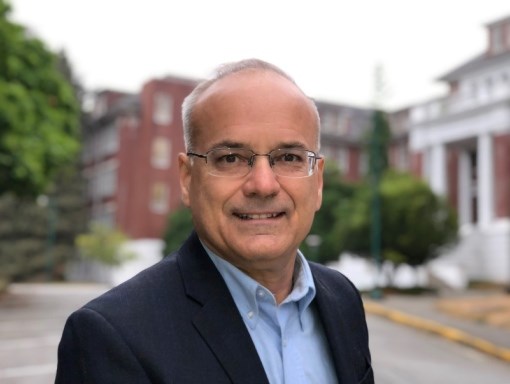Coquitlam council members gave themselves a boost in pay on paper but, the city says, not in their bank accounts.
The move is to offset the take-home pay they will lose Jan. 1 when the federal government eliminates the municipal officers allowance that exempted one-third of elected officials' pay from taxes.
To make up for the loss, Mayor Richard Stewart will receive nearly $35,000 more in 2019 and councillors an extra $8,400.
Stewart’s 2018 remuneration was $138,980, of which $46,327 was non-taxable. A report approved by council Monday pegs his new pay at $173,765, an increase of $34,785. The report said the adjustment will mean Stewart’s take-home pay will be $112,305, the same as in 2018.
Compensation for the eight councillors in 2018 was $60,488, of which $20,163 was non-taxable. The report proposed their gross pay be boosted to $68,900 in order to receive the same take-home of $51,660.
Although many councillors expressed some reluctance to vote for the increase during Monday’s council meeting, only Coun. Bonita Zarrillo voted against it.
“It leaves me with a pit in my stomach that I would avoid taxes by upping my pay,” said Zarrillo. “To be asked to take a top-up because we have been asked to take away a benefit that we might not have been entitled to. That was a perk. I’m shaking and I’m sick in my stomach right now that that’s going to happen tonight.
“It’s important to me that I pay my taxes just like any other person.”
Zarrillo added there are lots of other ways to affect net pay, including increasing RRSP contributions or deposits to tax-free savings accounts.
Coun. Dennis Marsden said Coquitlam should look across the region at different compensation models, do public consultation and get some advice from professionals on the subject.
“I think we need a robust conversation about what the role of compensation is,” said Marsden. “I think we’re fairly compensated by what we do. At the same time should we look at this deeper? I really struggle with this one.”
The increased compensation will mean a $102,081 hit to Coquitlam’s 2019 budget, which Marsden called “a cash grab by the feds.”
“It doesn’t change the public coffers, it just moves them. The federal government will get more [not Coquitlam],” said Stewart. “Every penny of this costs goes to the federal government, none of it goes into our pockets… This is a cash grab by the feds.”
A Coquitlam motion proposed by Coun. Teri Towner to the Union of B.C. Municipalities called for the UBCM to examine how to determine the pay of local government elected officials in “a fair and reasonable way.” It was passed at the UBCM convention in September.
But Coun. Chris Wilson said it could be two years before the UBCM comes up with something.
“We’re looking at a 15% pay cut if we don’t do this and, over two years, that may make a big impact for some councillors, so I’m reluctantly supporting this,” said Wilson.
The report said not approving the changes would mean an annual decrease in the mayor’s net pay of $21,138 and $6,578 for councillors. It noted Maple Ridge, Port Coquitlam, the District of North Vancouver, Langley City and West Vancouver have all approved adjustments to make up for the loss of the allowance, and it is expected other municipalities will follow suit.
Coun. Craig Hodge said the exemption was something candidates took into account when making their decision to run. The elimination of the benefit just makes the final salary more transparent, he said.
“This is an opportunity to say what this pays and that’s just what it is,” said Hodge. “I don’t think $68,000 for the work we do is out of line.”
Coun. Steve Kim, who was elected for the first time in October, supported the move because he felt it would help retain and recruit candidates.



